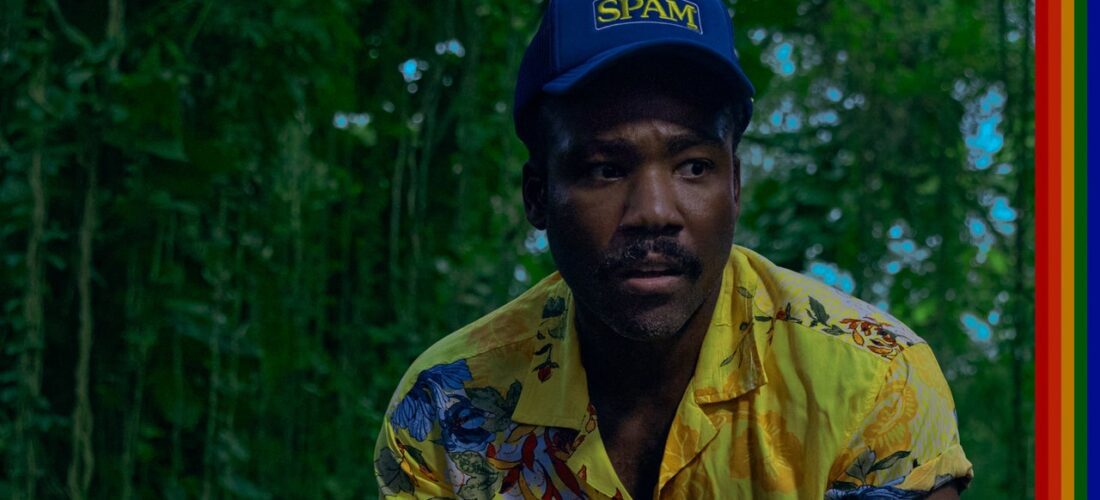When I was 14, I was introduced to Childish Gambino through his 2010 mixtapes I Am Just a Rapper and I Am Just a Rapper 2. This was when he was a sitcom star first and a rapper second, rapping with a glut of pop culture references, getting off punchline after punchline in a congested voice that made him sound like Urkel doing Da Drought 3. I liked them because they were satire, or maybe not, and maybe that was the point. If anything, the mixtapes were endearingly corny, nerdy, and goofy—he played with a rap character he was forming and hinted at the racial insecurities that would make 2011’s Camp a pop-rap disaster.
All these years later, Childish Gambino is merely a side project of Donald Glover, who has worked tirelessly to shift the perception of himself from nerdy, goofy, and insecure Black artist to a cool, layered, and serious Black artist. I think of his 2018 New Yorker profile in which he said, “I learn fast—I figured out the algorithm,” and described his “superpower” as getting people to believe whatever he wanted them to about him if he tried hard enough.
He did try and it worked. “Awaken, My Love!” from 2016 was essentially his Parliament-meets-Maxwell funk project. It’s nowhere near as soulful or groovy as he wanted it to be (I’ll give it up for “Riot,” though), but it did infuse his music with the stamp of Blackness he was thirsty for. Then there was the song and video for “This Is America,” more vague and less radical than its reputation, but it instantly gave his songs the aura of importance. And, oh yeah, there’s this television show he created called Atlanta, one of the best shows of the 21st century, the thing that makes good on his desire to make exceptional Black art. Through dark comedy and the hyperlocal lens of his hometown, the show blurs the lines between persona and reality, a thought he was veering toward on the 2013 project Because the Internet. And yet the greatest achievement of Atlanta is much more straightforward: It was funny as hell.
There’s not much of a sense of humor on Bando Stone and the New World, billed as Donald Glover’s final album as Childish Gambino. The reason he gave The New York Times? “It’s not fulfilling. And I just felt like I didn’t need to build in this way anymore.” You can feel that in how he seems burdened with the pressure of living up to the perception he has molded for himself. It’s a strained album that so badly wants to end the Childish Gambino experiment with a bang, that wants to be a middle finger to everyone who ever thought he didn’t have the range to pull off whatever he set his sights on, that wants to be the kind of vulnerable record that lasts because a new generation of teenagers see themselves in his music. That’s fine and all. Atlanta had similar ambitions baked in. But also, the best episodes featured something you had never seen before in your life, and it was exciting to watch Donald and his writers’ room subvert the expectations of TV. Meanwhile, Bando Stone and the New World is a familiar slog, and the swings feel algorithmic rather than experimental.
